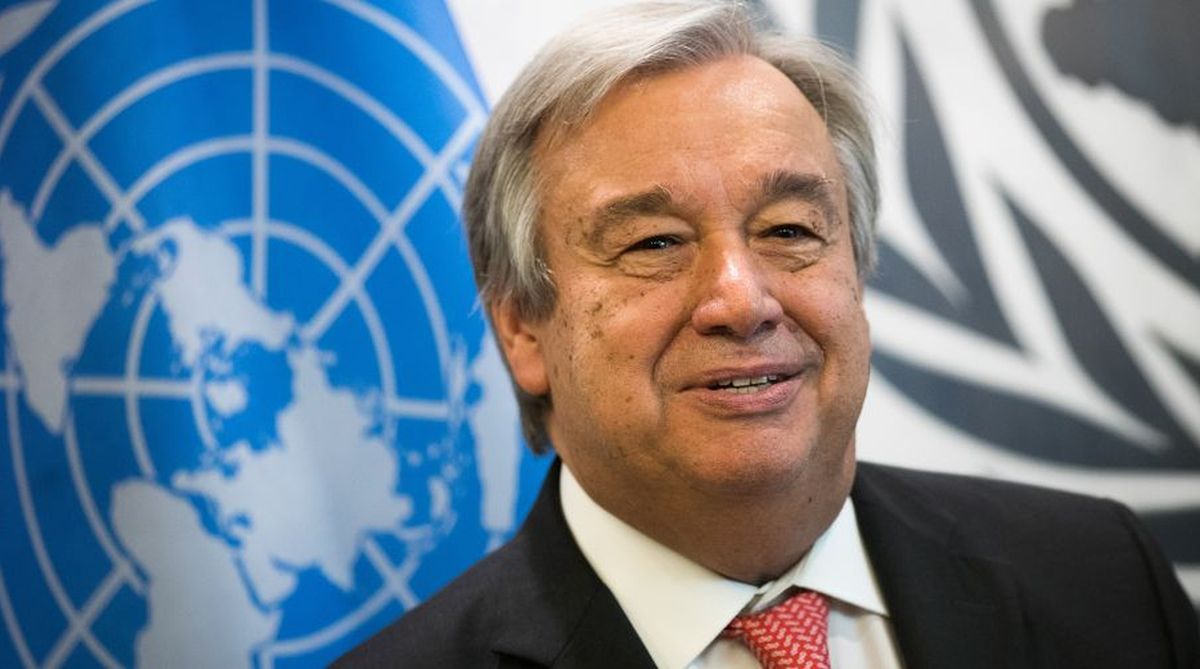Kenya secures funding to tackle climate change challenges
The United Nations (UN)-backed Green Climate Fund (GCF) has approved 50 million US dollars for key projects to bolster climate resilience and promote sustainable development in Kenya.
A study on global trends in media published by the UNESCO in 2017 highlights that impunity for crimes against journalists remains the norm, and trends in kidnappings, disappearances and torture have shown substantial increases since 2012.

United Nations Chief Antonio Guterres (Photo: AFP)
The killing of journalists around the world for doing their job is “outrageous” and should not become the “new normal,” UN chief Antonio Guterres said.
In just over a decade, some 1,010 journalists have been killed for reporting the news, and in nine out of 10 cases, the perpetrators are never brought to justice. In 2018 alone, at least 88 journalists have been killed according to the UN.
Advertisement
Many thousands more have been “attacked, harassed, detained or imprisoned on spurious charges, without due process,” Guterres said in a video message for The International Day to End Impunity for Crimes against Journalists, marked annually on November 2.
Advertisement
Secretary-General Guterres paid tribute to the reporters in the field “who do their jobs every day despite intimidation and threats.”
And he called on the international community “to protect journalists and create the conditions they need to do their work.”
To mark the International Day, the UN Educational, Scientific and Cultural Organisation (UNESCO) is launching an initiative to fuel awareness on the issue of journalists killed on the job. Called “Truth Never Dies,” it encourages people to share stories by and about fallen journalists to keep their legacies alive and to push for investigations into their deaths to be continued.
“The truth never dies. And neither must our commitment to the fundamental right to freedom of expression, the UN chief said, highlighting that when journalists are attacked “societies as a whole pay a price.”
A study on global trends in media published by the UNESCO in 2017 highlights that impunity for crimes against journalists remains the norm, and trends in kidnappings, disappearances and torture have shown substantial increases since 2012.
The UN Human Rights Council adopted a resolution in September, calling on the international community to promote strategies that protect journalists and bring perpetrators of violence against the media to justice.
The latest incident against a scribe was the killing of Saudi dissident journalist Jamal Khashoggi last month. Khashoggi was last seen entering the Saudi consulate in Istanbul, Turkey.
The Saudis, under intense pressure to explain Khashoggi’s whereabouts, have offered conflicting accounts. They initially said he had left the consulate on October 2, but later admitted that he had been killed in a fight.
Advertisement